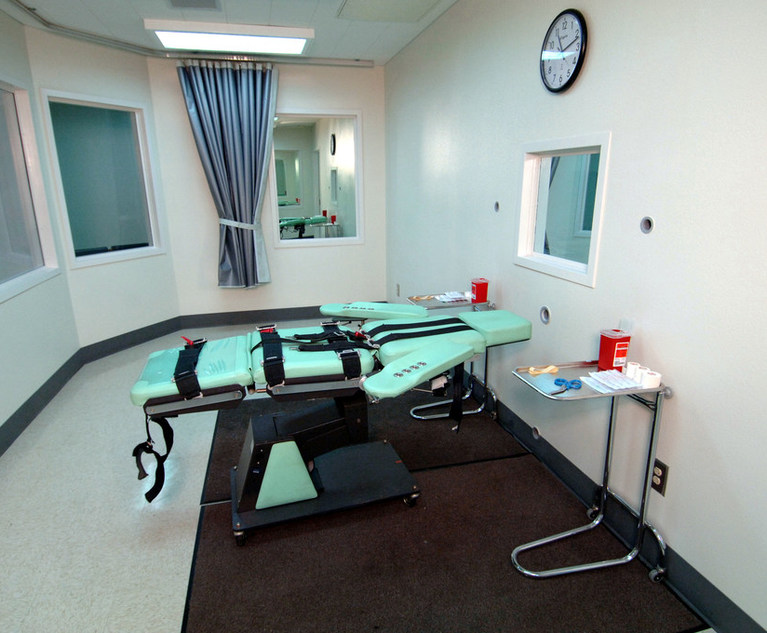The legacy of the war against crime of the 1990s has created a system of draconian sentencing enhancements that cruelly fail to take into consideration a person’s youth at the time of the commission of a crime. Laws that remove the sentencing discretion of a judge and bar a court from considering a person’s young age at the time of committing a crime is not only bad policy, it is inhumane. New Jersey’s current version of the “three strikes” law followed the federal Three Strikes legislation that passed in 1995. New Jersey’s law permits the imposition of a life sentence without parole even when any of the predicate convictions occurred when the defendant was a juvenile.
Most recently the New Jersey Supreme Court has upheld the application of the Three Strikes Law when one of the predicate convictions involved a crime committed when the defendant was a juvenile. State v. Samuel Ryan, (A-65-20) decided Feb. 7, 2022. In applying the Persistent Offender Accountability Act, N.J.S.A. 2C:43-7.1(a), otherwise known as the “Three Strikes Law,” to repeat violent offenders, the court confirmed that crimes committed while a juvenile may serve as one of the “strikes” for imposing a life sentence. While the purpose of the Three Strikes Law is to remove and “incapacitate” dangerous repeat offenders, its application takes away judges’ discretion and mechanically imposes draconian life sentences without parole on youthful offenders.


 sirtravelalot / Shutterstock.com
sirtravelalot / Shutterstock.com




